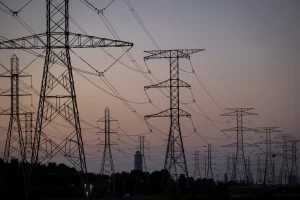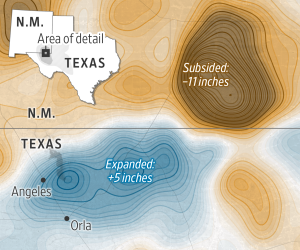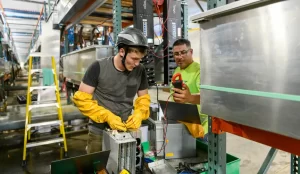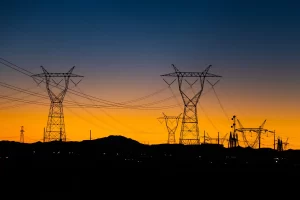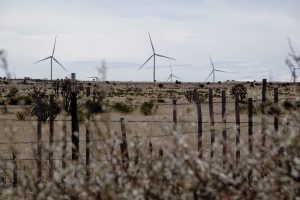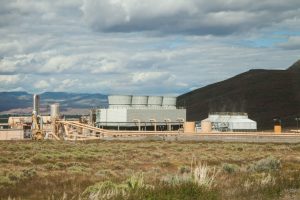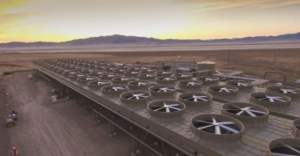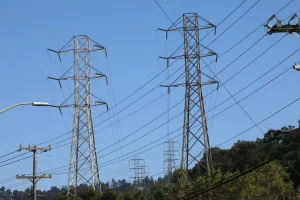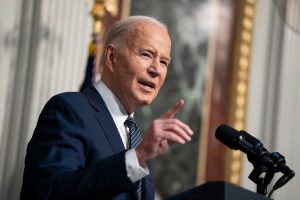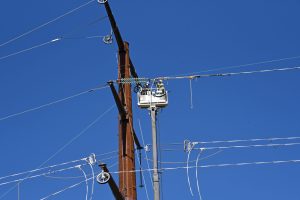Biden Administration Moves to Speed Up Permits for Clean Energy
The rules announced Tuesday could help to more quickly carry out Mr. Biden’s signature climate law, the 2022 Inflation Reduction Act. Analysts say it could be difficult to fully realize the benefits of the law if, say, the construction of transmission lines needed for renewable energy or electric vehicle charging stations is bogged down in the permitting process.

